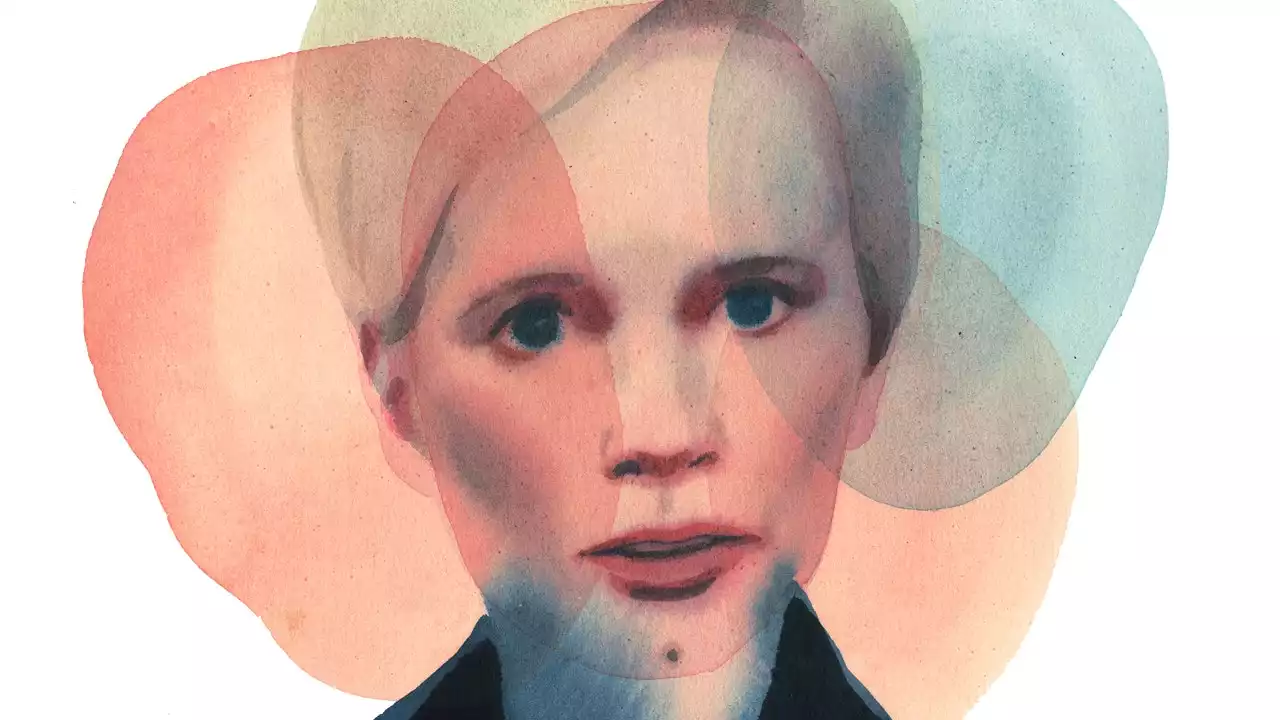“It’s not that I’m against the Internet,” the writer Mary Gaitskill says. “But it does come with a price.”
, about rules: about the rules of society, and how you felt from an early age that you knew what those rules were, especially around something like sex. You don’t have sex until you’re married, because that’s the rule. And you decided that those rules were dumb and that you were going to dispose of them.
And then suddenly it was, like, Fuck this shit. A portion of society decided that, no, this doesn’t work for us. We want freedom. Except there were always unspoken rules, and a lot of that was if you were a certain kind of person, you were supposed to be really free sexually. And you were a dud if you weren’t.Yeah. Someone at a reading recently asked me, “Was there slut-shaming then?” And I was like, “Well, it depended on who you hung out with.” People I hung out with, no.
Yeah. I remember somebody doing something—he was just getting too close or something, and I grabbed one of his pierced earrings and just pulled. Meaning: I will pull this thing out of your ear if you keep doing this. He backed off very quickly. And when I moved into San Francisco and started spending more time around actual people, it just demonstrated that people didn’t give a shit about that. I mean, they may admire beauty, but it was a much different way of being than this awful thing I was ingesting on MTV.I want to go back to your family. You were saying that they never fit in. Can you describe the way in which that was the case?
It’s interesting that you say you can speak more frankly about this now that they’re gone. Has your writing changed as a result of that? Have you been able to admit them into your writing differently? ,” Gaitskill’s first novel, from 1991], the way I have people talking—I think some of the dialogue is pretty real. But in other cases I just don’t feel it’s representative. It’s not that, word by word, it’s inaccurate or unbelievable, but there’s such a strange artificiality about it.
In “The Devil’s Treasure,” you write about feeling concerned—especially with the character of Velvet’s mother, Silvia—that you weren’t going to get the voice right. Silvia is a Dominican woman who doesn’t speak English. You say that you were “afraid of suddenly exploiting hardship that I could understand in my head, and then foolishlythat hardship in a way that real people, if they read it, might find weirdly unrecognizable.
